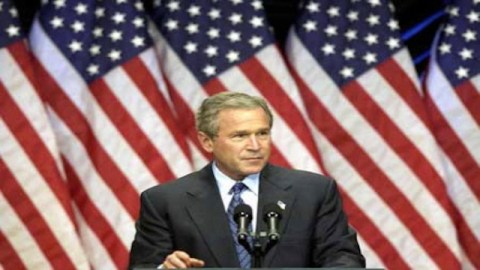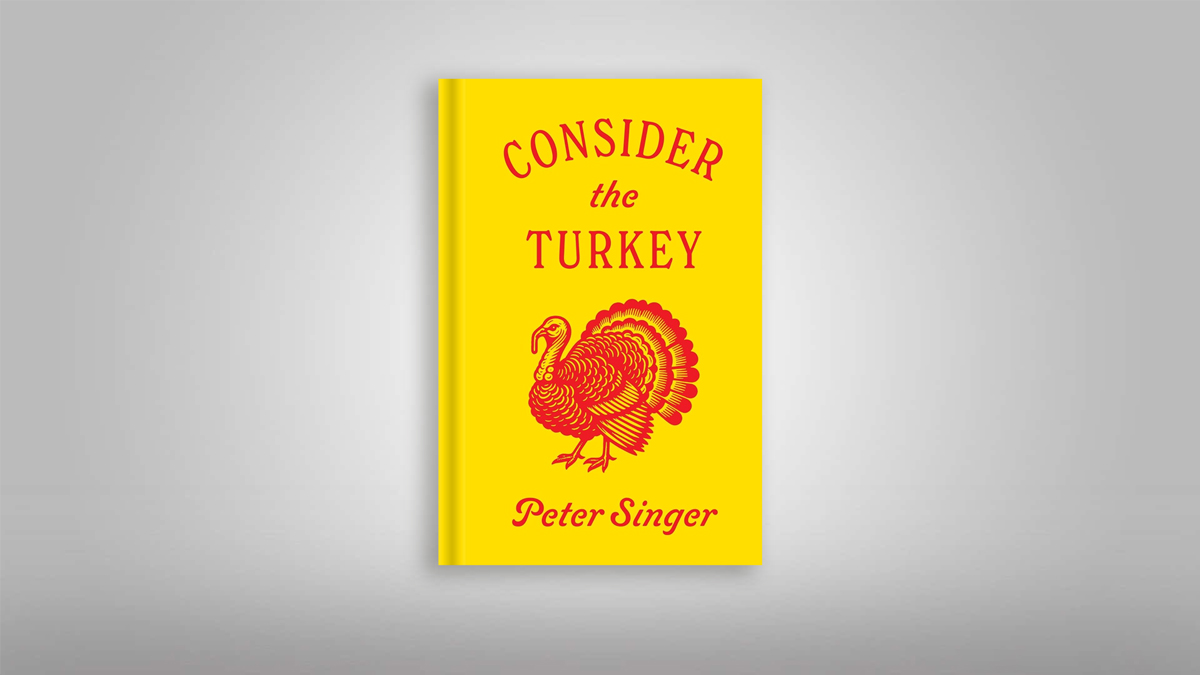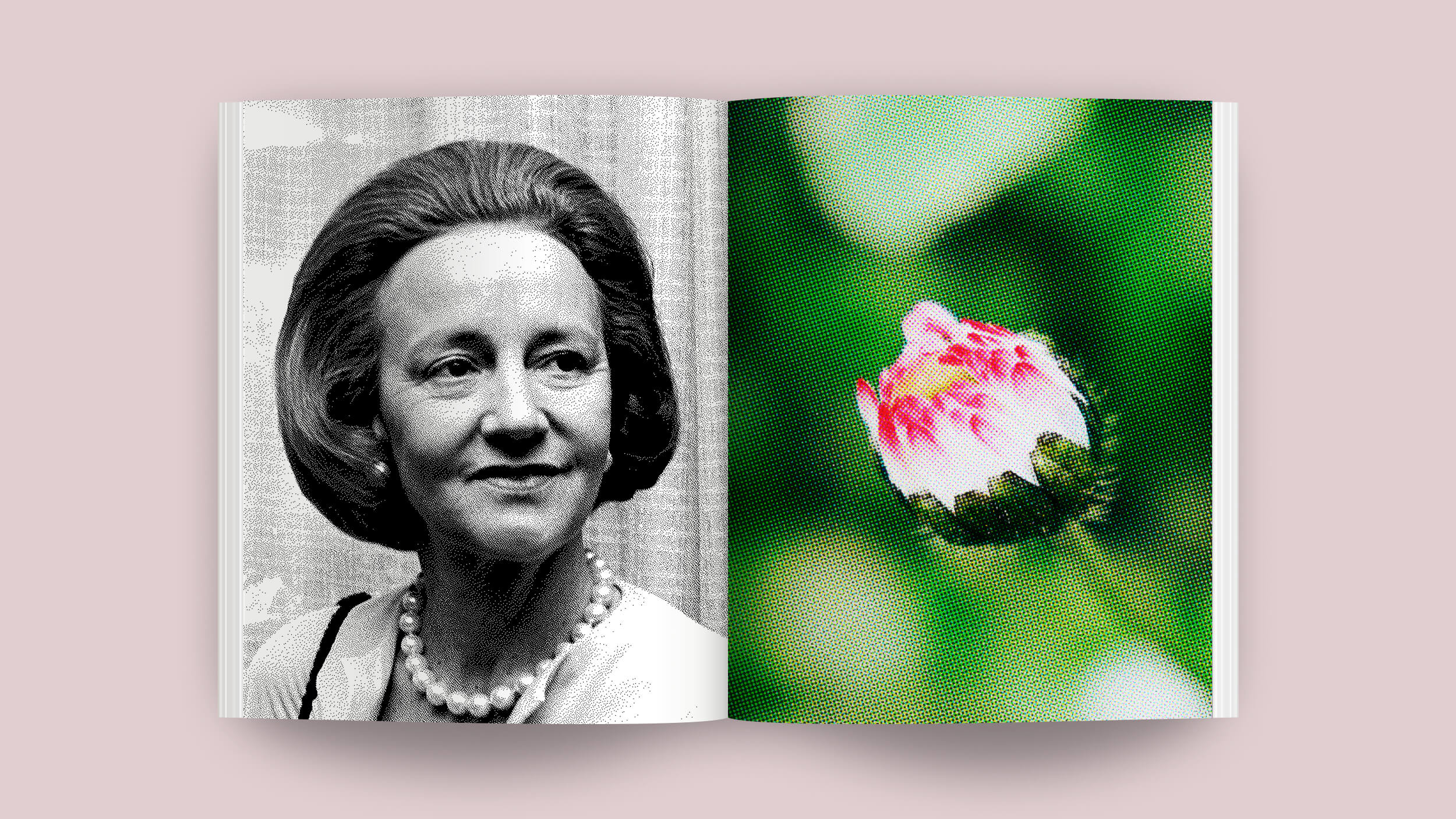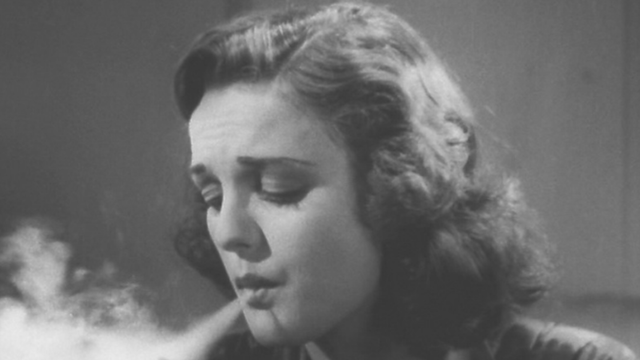On George W.; By George W.

Jill Lepore, in her New Yorker piece on Ron Chernow’s Washington: A Life (and on, more broadly, biography), put it beautifully: “There is no humility in monumental biography. But there is humility in nature, in time, and in history. The same sun that shines on the Bunker Hill monument, Melville pointed out, shines on Potter’s unmarked grave. Come winter, the same snow falls, dusting us all.”So true. So why do Presidents themselves keep writing, and why do we keep reading them? Why read a recent memoir when we can let historians parse the lessons for us?
“Inscrutable” is a word Lepore ascribes to George Washington; it could be ascribed to George W. Bush, too. Bush did not have the luck to be born in a time of revolution (capital R), but he had the luck to be born into history and, eventually, to make it. Given his own well-known inclinations to privacy, why would he—unlike his more literary predecessor and successor—want to write a book? It has become de rigeur.
“Decision Points” will attract readers with strong views on the former President; like tuning in to a trusted cable anchor, many will look less for learning than affirmation. The book will be torn apart, go un-reviewed, or be revered, depending, but perhaps the thing George W. Bush shares with George Washington is that neither was primarily concerned with literary legacy. They made choices. They let historians (and journalists) bother analysis. Michiko Kakutani says Bush’s book is “the most casual of Presidential memoirs;” could casual in this context be a substitute for sanguine?
Chernow’s book is one in a long line of looks at Washington. Will historians return as ardently to Bush? To his era, yes. And what will they look for? The instance of a son of a former President becoming President himself, and in the term before a former First Lady joins the Presidential Cabinet: this might focus some scholars on how two powerful political families (in a country of powerful political families) defined the era when America’s role in the world shifted, irrevocably. Considering the Clintons and the Bushes proves, and exceeds, Tolstoy’s great quote. This is only one reason why they fascinate us. All happy families may be alike, but the history of them is left to historians, and snowfalls.





